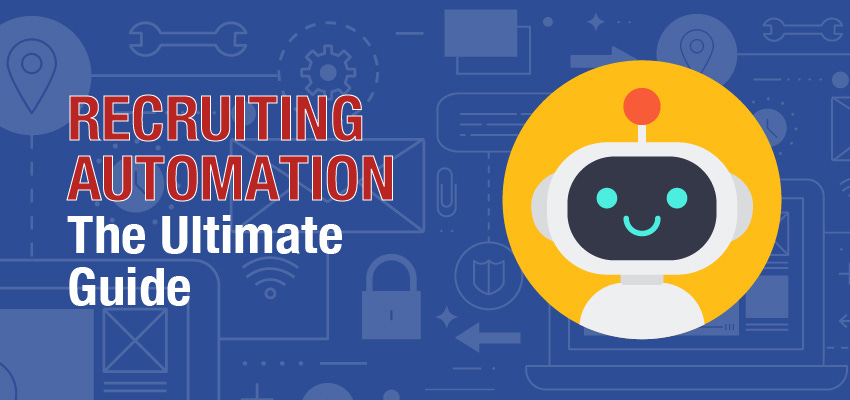How AI is Taking Over Recruiting
Exploring the use of AI technology within Human Resources.
Remember the days when you had to look at a newspaper to learn about new jobs? You probably don’t!
Having been in Operations roles for several decades, I have been intricately involved in the Recruiting process. In the past, recruitment was a fairly low-tech affair, it used to be a very dreaded process for most. Putting out ads, sorting through thousands of resumes a year and going through massive scheduling processes to conduct interviews.
However, the world is changing and with it, so is the workplace. Many organizations are already using AI in various departments such as sales, marketing, and customer service. AI has made progressive inroads in HR departments, specifically recruitment.
AI is having a major impact on the recruitment process, both in terms of the toll it is taking on jobs and the way it is changing how HR teams operate.
With the rise of new technology, companies are starting to use different methods to attract top talent.
The internet has already had a dramatic impact on the recruiting industry. With the ability to post job listings online and attract candidates from all over the world, recruiters have been able to tap into a much larger pool of talent than ever before. What we are learning is that the impact of the internet on recruiting is nothing compared to the potential impact of AI.
In the coming years, AI is expected to have an even greater impact on HR teams and the recruiting methods they use. Here's a look at some of the ways AI is expected to impact HR teams and the recruiting industry as a whole.
The Advantages to Using AI
1. AI will change the way job descriptions are written.
In the past, job descriptions were generally written by the HR team or the hiring manager.
AI (like OpenAI’s new ChatGPT, for instance) is able to analyze and even write the job listing and determine the most important keywords and phrases that potential candidates are likely to search for. This will allow HR teams to better optimize their job descriptions to attract the right candidates.
2. AI will help identify the best candidates.
In the past, the job of identifying the best candidates was largely left to the recruiter.
AI can analyze a candidate's skills very quickly and determine the best suited candidates based on the role criteria set.
3. AI will be able to conduct video interviews to screen potential candidates.
Another way that AI can be used in recruitment is by conducting initial interviews. This can be done by using chatbots or video conferencing. This can save recruiters a lot of time, as they would otherwise have to conduct these interviews themselves.
The Disadvantages to Using AI
There are some disadvantages to using AI in recruiting, too. For one, it's expensive. You need to have the right software (and maybe even hardware depending on the solution) to get started. And you need to have someone who knows how to use it (probably the most important part - AI can’t quite manage itself yet!)
Another disadvantage is that AI can create biases. If you're not careful, you can end up only hiring people who look like you or who have the same backgrounds as you. This can limit the diversity of your company and limit your ability to find the best talent.
Another concern is that AI could be used to replace human recruiters altogether. This could lead to job losses and increased inequality, as those with the most experience and expertise in recruiting would be the ones most likely to lose their jobs.
Current AI Solutions
There are several AI-powered recruitment systems currently available on the market. Some of the most popular ones include Paradox, HireVue, and Talview. These systems all use machine learning algorithms to automate various aspects of the recruitment process such as resume screening, candidate matching, and interview scheduling.
We’ll keep an eye out on trends and dive deeper in later issues.
So, how will AI impact HR team’s recruiting methods?
Despite these concerns, AI is likely to have a major impact on the recruitment process in the years to come as it has already started. Startup founders, HR teams, and impact leaders that are able to embrace and utilize AI will be at a distinct advantage.





